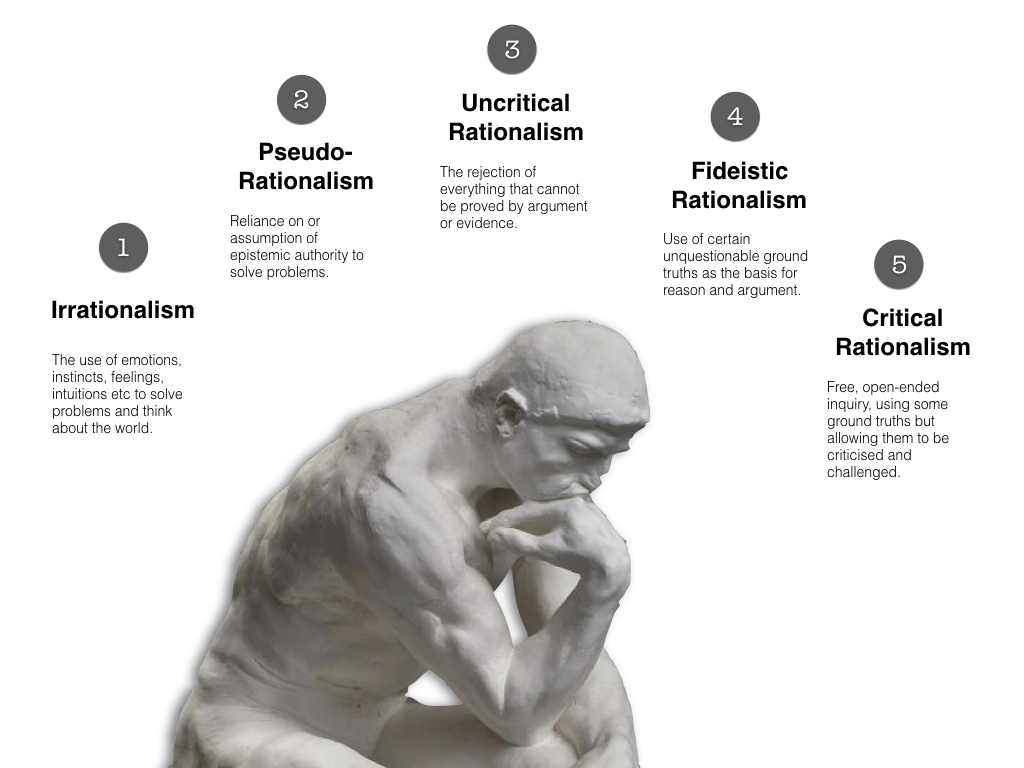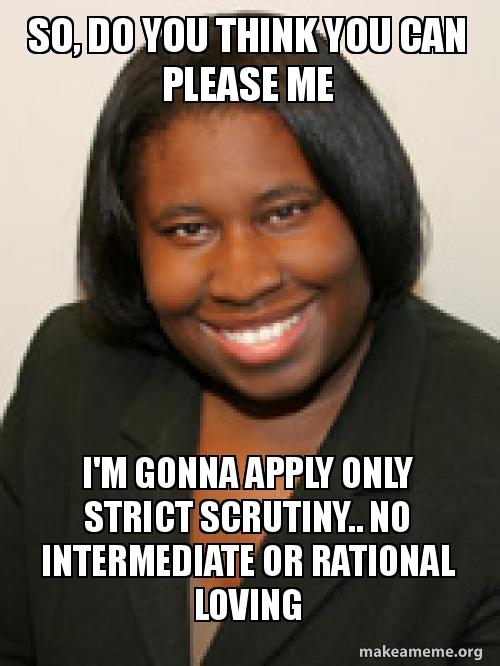

Most importantly for our purposes here was the broadening and strengthening of the Equal Protection Clause under the Warren Court. 436 (1966) (see Police Interrogation) and important Due Process decisions such as Griswold v. Supreme Court) we saw significant changes in the fields of individual rights, through cases like Miranda v.

Even if the stated legislative purpose was “to discourage women from divorcing their husbands,” under the old version of a “rational basis test” the law would pass, as the legitimacy of the legislative goal itself was not a consideration.ĭuring the era of the "Warren Court" (1953-1968, when Earl Warren was Chief Justice of the U.S. The gender classification, not fitting into one of the two traditionally suspect classes of race or national origin, would pass muster so long as it is rationally related to some legislative purpose. So, while the Due Process Clause was widely used to strike down state laws in the early 1900s, the Equal Protection Clause did not seem to carry as much power.ĮXAMPLE: Southernstate passes a law requiring all women to demonstrate their financial self-sufficiency prior to filing for divorce, although men filing for divorce need make no such showing.

Historically, so long as the legislative classification (other than race or national origin) was rationally related to the legislative purpose, courts were not likely to strike down the law as an Equal Protection violation, even if the legislative purpose was itself invalid. 1 (1976).Īlthough the Equal Protection Clause has been read to protect against the discriminatory use of classifications besides race and national origin, in areas outside of race discrimination, the equal protection clause was not traditionally a major consideration. Thus, in effect, equal protection analysis for a claim against the federal government is the same as that under the Fourteenth Amendment for a claim against a state. The Fifth Amendment Due Process Clause, however, does for the federal government what the Fourteenth Amendment Equal Protection Clause does for state governments: it prevents unreasonable discrimination based on the use of classifications. There is no language in the Bill of Rights which provides a federally applicable parallel to the Fourteenth Amendment's "Equal Protection" clause. In 1868, shortly after the end of the Civil War, the Fourteenth Amendment was passed to ensure fair treatment by the states of the newly-freed slaves. When the statutorily determined time is up, “the statute has run” and the claim is barred.


 0 kommentar(er)
0 kommentar(er)
